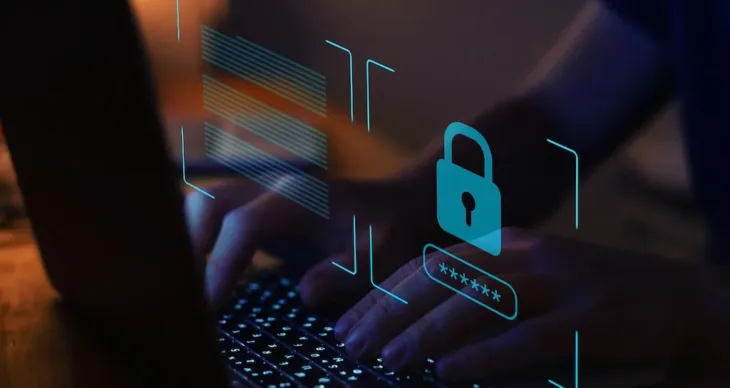Preventing a data breach can be difficult, since it is almost never the fault of the consumer. Hackers who breach a financial institution such as your bank or credit union could steal your information through no fault of your own.
Luckily, there are steps you can take to minimize the risk of your personal information being exposed. By following a few key practices, you can often greatly reduce the chances of becoming a victim of identity theft or other cybercrimes.
Here are some actionable tips on how to protect yourself from data breaches.
1. Use Strong and Unique Passwords
Weak passwords are one of the most common vulnerabilities in personal data security. Use long, complex passwords that include a mix of uppercase and lowercase letters, numbers, and symbols.
Avoid using the same password across multiple accounts. A password manager can help you generate and store unique passwords for all your accounts, reducing the risk of one breach exposing multiple logins.
2. Enable Two-Factor Authentication (2FA)
Two-factor authentication (2FA) adds an extra layer of security to your accounts. Even if your password is stolen, the hacker would still need the second verification step—such as a code sent to your phone or email—to access your account. Many companies now offer 2FA as an option, and it’s highly recommended for sensitive accounts like banking, email, and social media.
3. Regularly Update Software and Devices
Outdated software can have security vulnerabilities that hackers exploit to steal personal information. Ensure you regularly update your devices, apps, and operating systems to the latest versions, often including important security patches. Set up automatic updates where possible to ensure you’re always protected.
4. Be Wary of Phishing Attempts
Phishing attacks continue to be a major method used to steal data. Be cautious of any unexpected emails or messages asking for personal information.
Scammers often disguise themselves as trusted companies or contacts, sending fake links that lead to malware or phishing websites. Always verify the legitimacy of these communications by contacting the company directly, and avoid clicking on suspicious links.
5. Monitor Your Credit Report
Keeping a close eye on your credit report can help you detect any unauthorized accounts or suspicious activity. Sign up for free annual credit reports or use monitoring services that alert you to changes.
6. Freeze Your Credit When Necessary
If you suspect that your data has been breached or want to prevent future fraud, freezing your credit may be a highly effective strategy. A credit freeze restricts access to your credit report, making it difficult for identity thieves to open new accounts in your name. You can unfreeze your credit anytime you need to apply for loans or credit cards.
7. Avoid Public Wi-Fi for Sensitive Transactions
Public Wi-Fi networks, especially those without encryption, can be easy targets for hackers. When connected to public Wi-Fi, avoid accessing sensitive accounts, such as banking or email. Instead, use a secure VPN (Virtual Private Network) to protect your data when using public networks.
By taking these steps, you may be able to reduce your chances of being a victim of a data breach. Prevention is key, and being proactive about protecting your data helps you avoid the stress and financial burden that comes with having your information compromised.
Next, we’ll discuss what to do if your data has been breached and how to seek potential compensation for data breach incidents.
By Admin –
